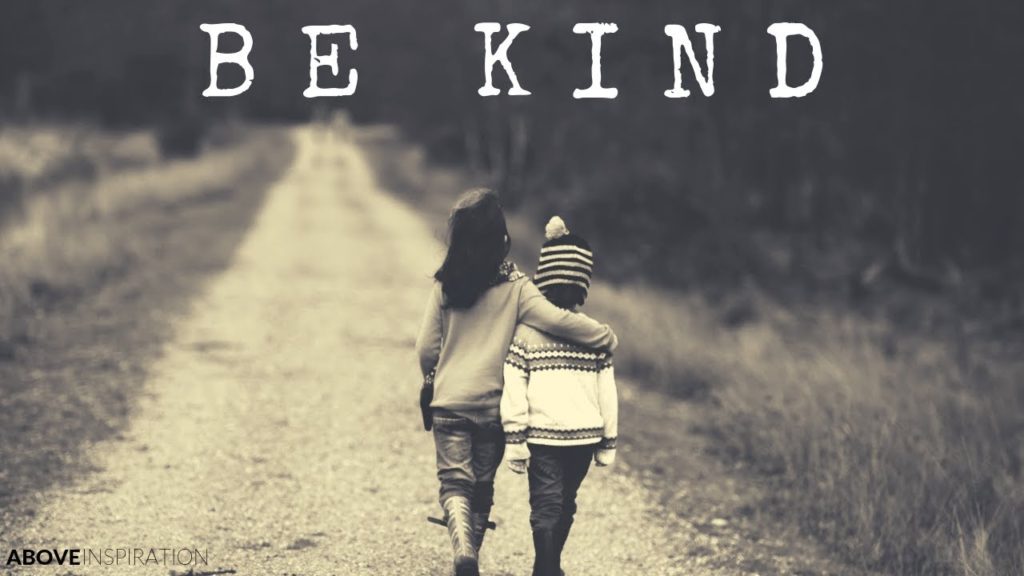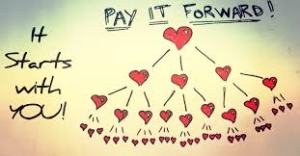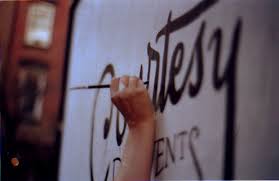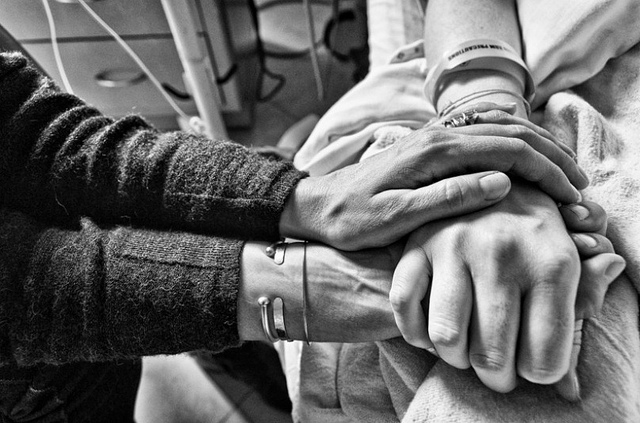
Instead of trying to be great, be part of something greater than yourself. – John Maxwell
I came across an interesting study on the principle of the Golden Rule conducted by Bernard Rimland, director of the Institute of Child Behavior Research.
Rimland found that “The happiest people are those who help others.” Each person involved in the study was asked to list ten people they knew best and label them as happy or not happy. Then they were to go through the list again and label each one as selfish or unselfish.
In categorizing the results, Rimland found that all of the people labeled happy were also labeled unselfish. He wrote that those “whose activities are devoted to bringing themselves happiness are far less likely to be happy than those whose efforts are devoted to making others happy.”
As we embark upon the holiday season, we no doubt see all the feel-good stories of people giving back. It’s heart-warming to see such a spirit of generosity and goodwill on display. For all of the bad and evil we see in the world on a daily basis, it restores faith in humanity to see the love and generous expressions of unselfishness that abound during this season.
But unselfishness is not seasonal.
Now is a great time for a refresher on just what it means to be an unselfish leader and how by your example you can foster a giving attitude year-round.
Reflect back for a moment on the outcome of the survey in the above story. It should not come as a surprise to anyone to learn that the happiest people are also the most giving and unselfish. The connection couldn’t be more obvious. As you reflect upon these things, here are a few thoughts for your consideration.
Unselfishness is an attitude
The point here is simple – unselfishness is an inside job before it’s anything else. A “random act of kindness” can come from a selfish person, which is why it’s random. But an unselfish lifestyle can never come from a selfish person. Click To Tweet
When you develop an attitude of giving not only do you become a happier person, but you in turn are able to sow more seeds of generosity.
Unselfishness is a lifestyle
One of the greatest joys of leading is serving causes greater than oneself. At the end of the day, unselfishness becomes a lifestyle, not an event, and is certainly not seasonal. When this occurs, it becomes a part of your DNA.
When you live and lead in such a way that it becomes a lifestyle, it simply becomes second nature to you. And often your acts of generosity are out of the spotlight which is secondary to you anyhow. But when you develop a lifestyle of unselfishness you model servant leadership for your people.
Unselfishness becomes your legacy
A life lived and devoted to selfless acts of kindness and serving others ultimately will become your greatest legacy. It’s not about the power you acquired or the money you made, but the way in which you made the world a better place.
When unselfishness becomes your lifestyle and legacy your life now takes on a whole new meaning. And I trust that during this season your eyes will be opened to this becoming your legacy in the future.
Final Thoughts
William Arthur Ward said, “Lose yourself in generous service and every day can be a most unusual day, a triumphant day, an abundantly rewarding day!”. And I trust that during this season, this is exactly what you come to know and experience.
©2023 Doug Dickerson
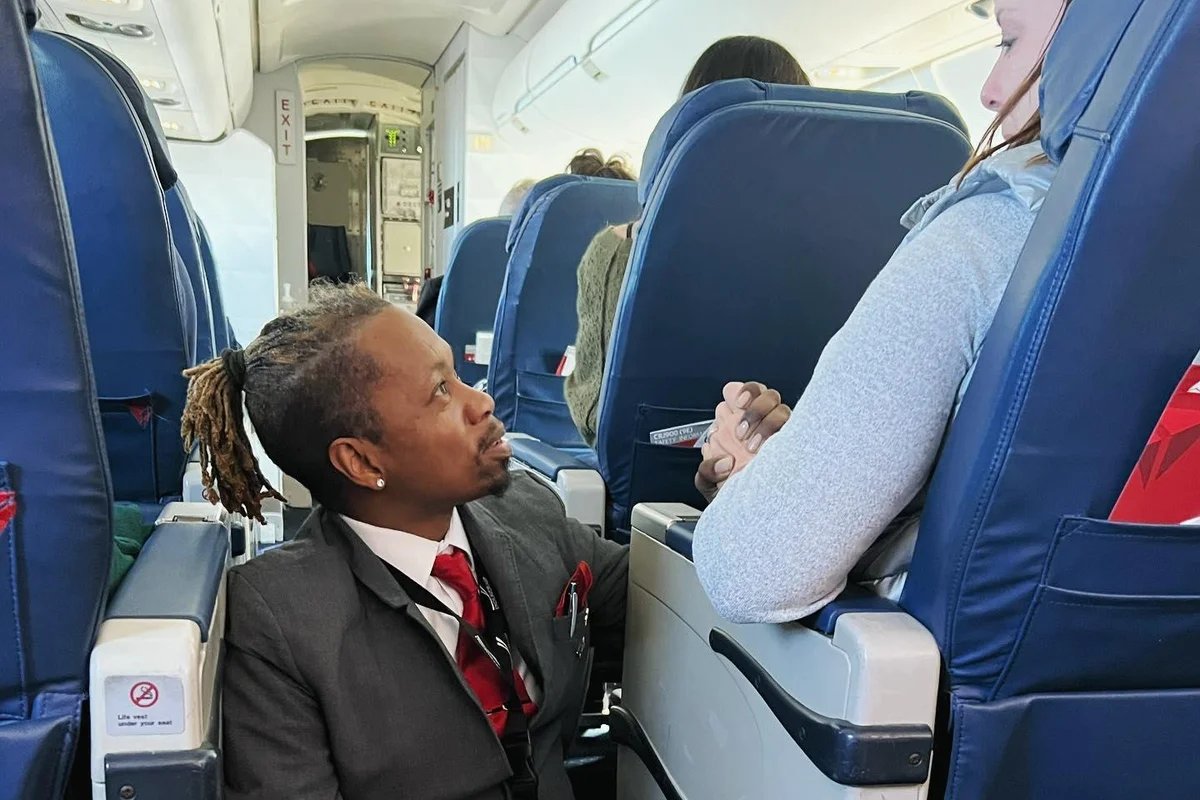
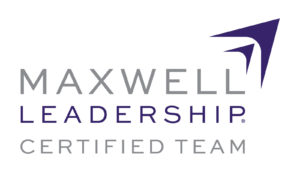

 Over the years I’ve come to the realization that I’ve helped more people not by what I ever had to say, but simply by listening. I’ve also learned that I don’t have to “fix” everyone’s problems and more times than not it’s not what people are after. People today want to be heard and have leaders in their life who will listen. Be a generous listener. It can a world of difference.
Over the years I’ve come to the realization that I’ve helped more people not by what I ever had to say, but simply by listening. I’ve also learned that I don’t have to “fix” everyone’s problems and more times than not it’s not what people are after. People today want to be heard and have leaders in their life who will listen. Be a generous listener. It can a world of difference.